7 Signs You May Need to Call a Professional for Furnace Repair
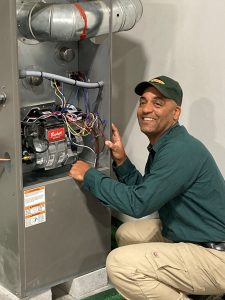 Most of the time, your furnace operates in the background while you go about your life. As long as the thermostat is set properly, you don’t need to worry about anything – the system just runs when it should, and the house stays comfortable. When problems pop up, however, you might need to call for prompt repair to get back on track.
Most of the time, your furnace operates in the background while you go about your life. As long as the thermostat is set properly, you don’t need to worry about anything – the system just runs when it should, and the house stays comfortable. When problems pop up, however, you might need to call for prompt repair to get back on track.
For Burlington furnace repair that you can trust to be fair and professional, turn to Berico right away. While there are plenty of options for furnace maintenance in Burlington, Berico stands above the competition thanks to its experience and proven performance in this market.
1 – Your Furnace is Loud or making weird noises
Even if you don’t pay particularly close attention, you probably know what your furnace is supposed to sound like just from living in your home day after day. If the furnace starts to make unusual noises when it is running, that’s a likely sign that there is something going wrong in the system.
2 – Your Home is Cold
This might be the most obvious sign of all. As they say, a dead giveaway. The furnace is supposed to heat up the house, so if it can’t get that job done, the time may have come to have it looked at by an experienced professional. There is no way to know what kind of repair will be required until an HVAC pro checks it out in person.
3 – Strong Smells Coming from the Furnace
As with the sound that your furnace makes, you probably also know if it usually generates any kind of smell. If there is suddenly a strong smell coming from the area where the furnace lives, or through the vents while the air is being moved around the house, something may be wrong.
4 – Costs Go Up
Pay attention to your energy bills to make sure you aren’t using more energy than expected based on the weather conditions outside. Any bill you receive will include not only the dollar amount that you need to pay, but also the units of energy you have consumed. Monitor those numbers and look into repairs if they keep climbing.
5 – It’s Been a While
No furnace will continue running indefinitely without encountering problems. If you know that your furnace hasn’t been serviced or inspected in a long time, schedule an appointment to have it checked out from top to bottom.
6 – It’s Always On
Your furnace shouldn’t be running all the time, even if it is cold outside. If it seems like the furnace is constantly turning on and running during the day, even if the cycles are short, it might not be functioning correctly.
7 – Dirty Air
Have you noticed that the air quality in your house has declined recently? When that happens, it’s another potential sign that your furnace needs some kind of repair. The air that comes out of your vents while the furnace is on should be clean, and if it’s dirty, you’ll want to get to the bottom of that issue as soon as possible.
To have your furnace checked out and tuned up before you experience any of these issues give your friends at Berico a call today: (336) 226-9371

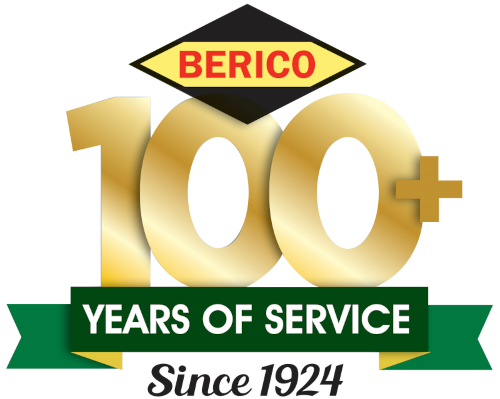
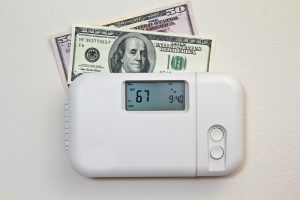 Energy efficiency is a popular topic these days, and for good reason. There tend to be plenty of benefits associated with becoming more energy efficient, although those benefits will vary from one situation to the next. This article is going to look specifically at HVAC systems to see what kinds of advantages can be gained by upgrading to a more efficient system than the one that currently serves your home.
Energy efficiency is a popular topic these days, and for good reason. There tend to be plenty of benefits associated with becoming more energy efficient, although those benefits will vary from one situation to the next. This article is going to look specifically at HVAC systems to see what kinds of advantages can be gained by upgrading to a more efficient system than the one that currently serves your home.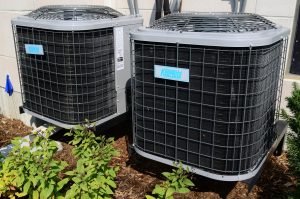 To someone who doesn’t work in the industry, HVAC systems can appear extremely complicated. Not only are there plenty of complicating factors within a single system, but there are also many differences between types of systems. You don’t need to be an expert to have the right system installed in your home, but it is helpful to understand the basics – and that’s what this article is here to offer.
To someone who doesn’t work in the industry, HVAC systems can appear extremely complicated. Not only are there plenty of complicating factors within a single system, but there are also many differences between types of systems. You don’t need to be an expert to have the right system installed in your home, but it is helpful to understand the basics – and that’s what this article is here to offer.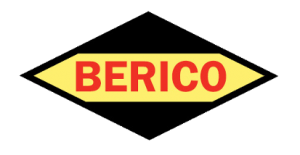 When you are in the market for a new
When you are in the market for a new 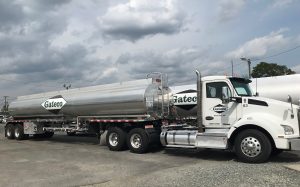 Diesel fuel is a major player in the U.S. market. While it is primarily used in commercial applications, there are also plenty of private passenger vehicles that run on diesel. Specifically, bigger pickup trucks often come equipped with diesel engines, largely due to the pulling capacity that a diesel engine can produce. If you have come across the term “ultra-low sulfur diesel” when looking for fuel, you may be confused as to what that means and why it is important. This article will clear up any confusion and set the record straight.
Diesel fuel is a major player in the U.S. market. While it is primarily used in commercial applications, there are also plenty of private passenger vehicles that run on diesel. Specifically, bigger pickup trucks often come equipped with diesel engines, largely due to the pulling capacity that a diesel engine can produce. If you have come across the term “ultra-low sulfur diesel” when looking for fuel, you may be confused as to what that means and why it is important. This article will clear up any confusion and set the record straight.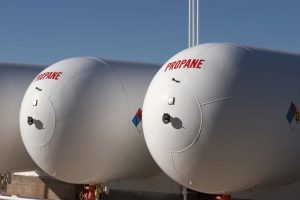 There are many different forms of energy that are used to heat buildings in the modern world, including electricity, natural gas, and more.
There are many different forms of energy that are used to heat buildings in the modern world, including electricity, natural gas, and more. 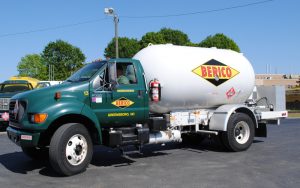 Working with the right oil company can make your life a lot easier. And, of course, the opposite is true – picking the wrong company is sure to lead to frustration, along with unnecessary added costs and potential downtime. Fortunately, picking the right
Working with the right oil company can make your life a lot easier. And, of course, the opposite is true – picking the wrong company is sure to lead to frustration, along with unnecessary added costs and potential downtime. Fortunately, picking the right 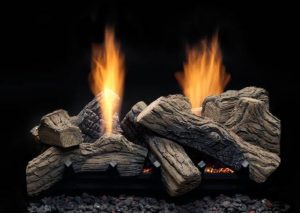 If you have been considering using gas logs in a fireplace to add some warmth and ambiance to your home, you may be wondering about the cost of operating this kind of cozy fire. Sure, it’s an enjoyable feature to add to a living area, but is it going to be too expensive to use the fireplace frequently? This article will take a look at expected costs and how a gas fireplace compares to the traditional option of burning wood.
If you have been considering using gas logs in a fireplace to add some warmth and ambiance to your home, you may be wondering about the cost of operating this kind of cozy fire. Sure, it’s an enjoyable feature to add to a living area, but is it going to be too expensive to use the fireplace frequently? This article will take a look at expected costs and how a gas fireplace compares to the traditional option of burning wood.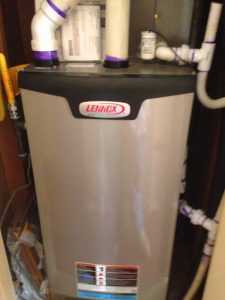 Central heating is one of the best possible features to have in a home. Simply by adjusting the thermostat, the furnace will jump into action and bring the space inside the home up to a comfortable temperature for you and your family. It’s a function that most people take for granted, but do you actually know how it works? Learn a little more about furnaces in the article below.
Central heating is one of the best possible features to have in a home. Simply by adjusting the thermostat, the furnace will jump into action and bring the space inside the home up to a comfortable temperature for you and your family. It’s a function that most people take for granted, but do you actually know how it works? Learn a little more about furnaces in the article below.